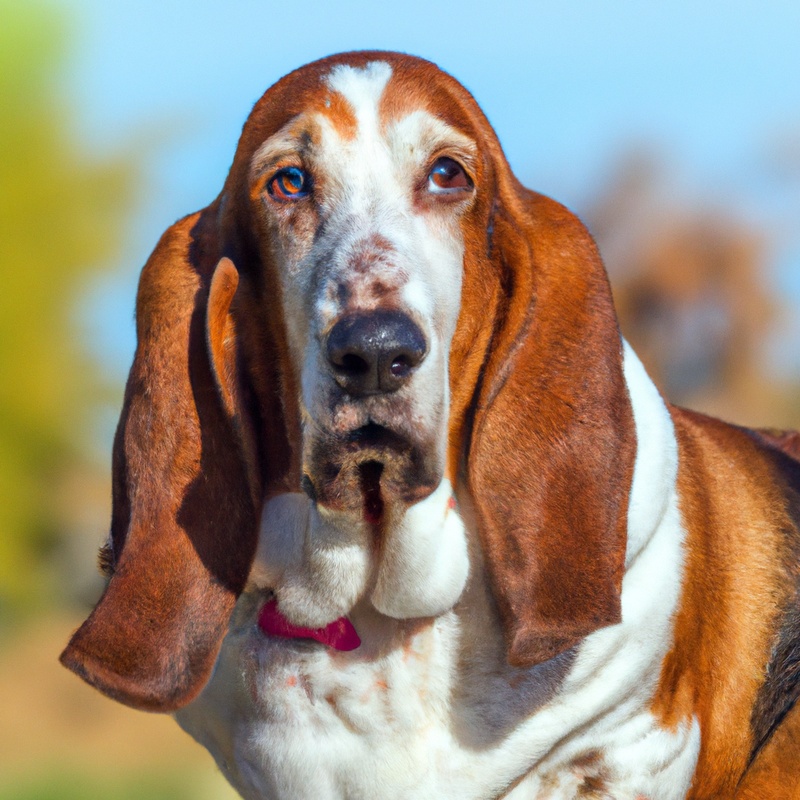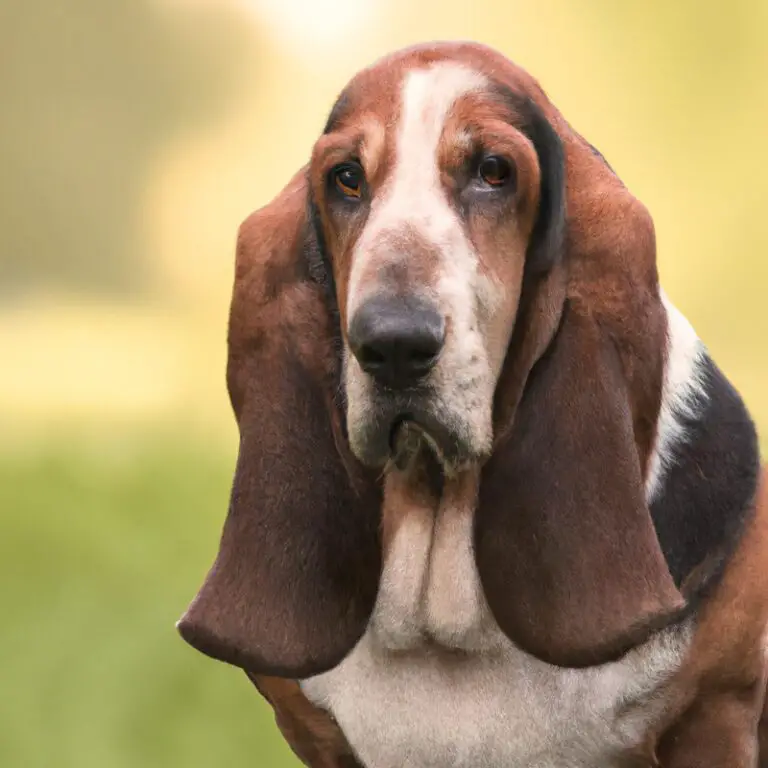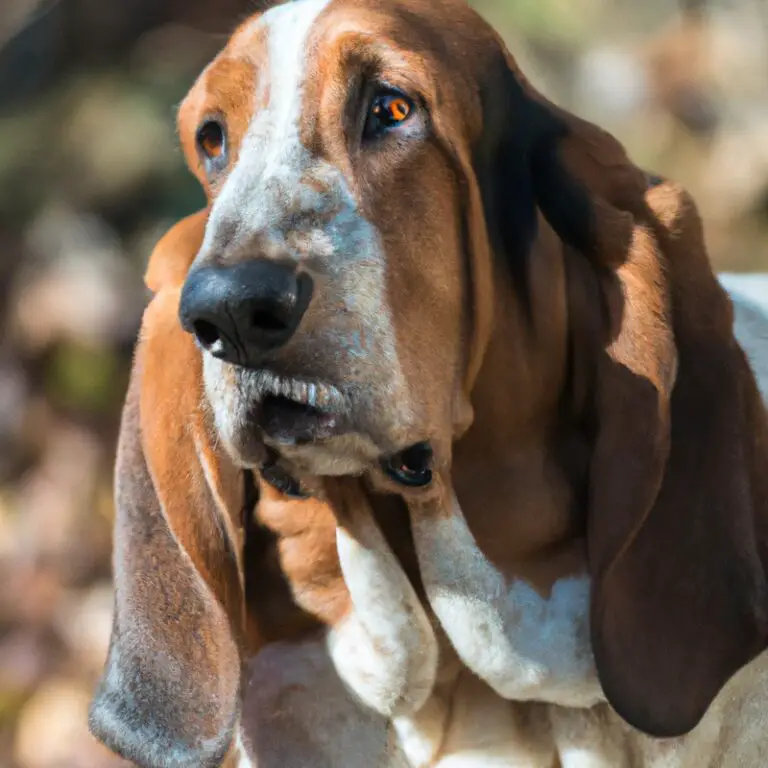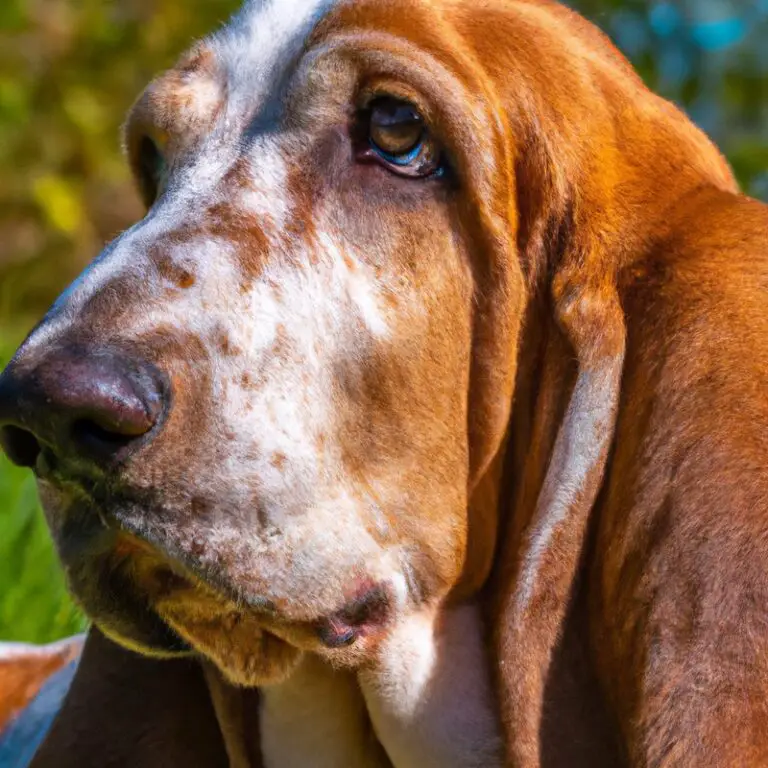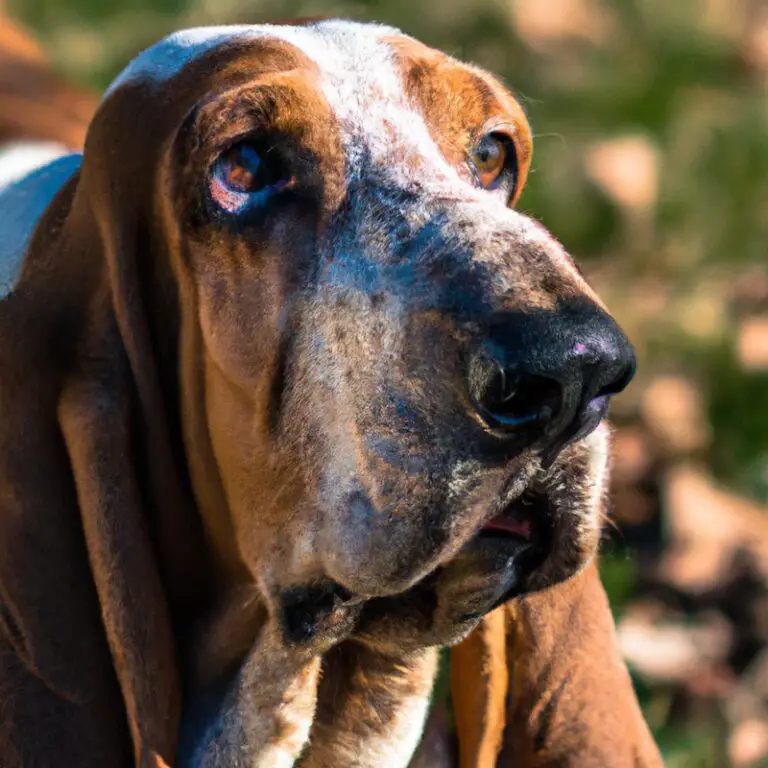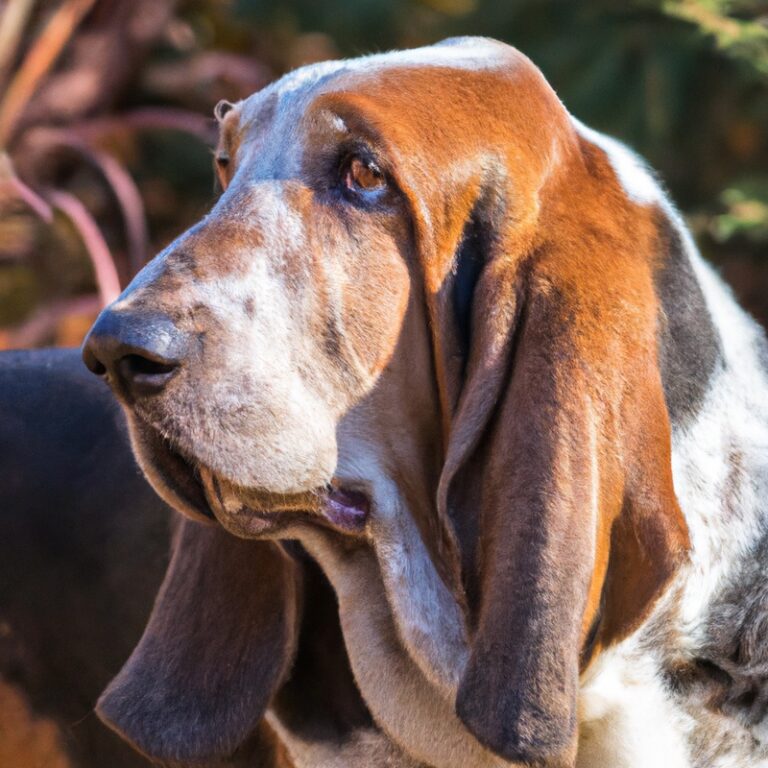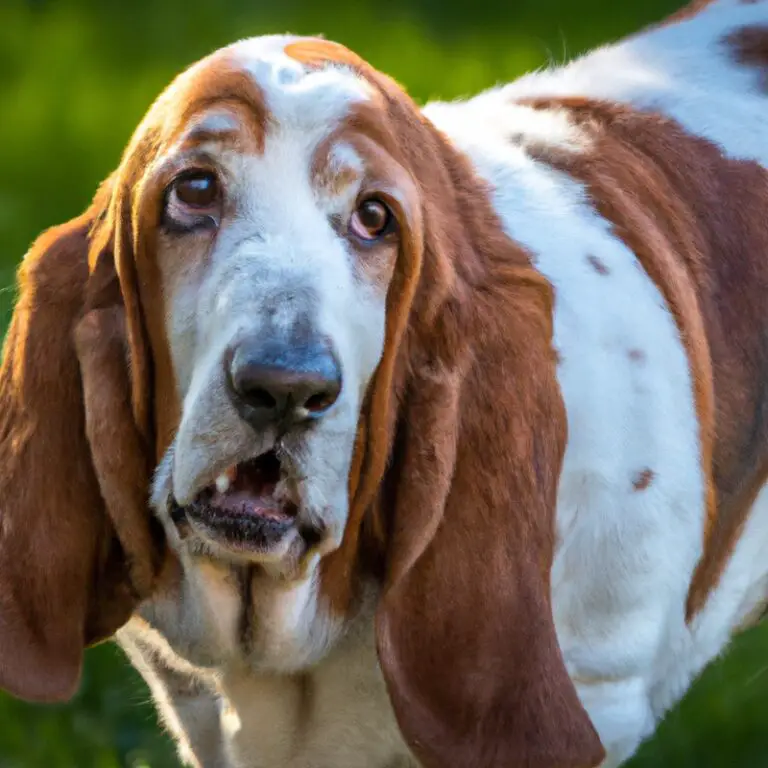How Do Basset Hounds Behave Around Unfamiliar Children?
Key Takeaways:
- Basset Hounds generally have a friendly and patient demeanor towards unfamiliar children.
- They tend to be gentle and tolerant, making them a suitable choice for families with kids.
- Bassets are known to be social dogs and can form strong bonds with children.
- However, as with any breed, supervision and teaching children how to interact respectfully with dogs is important.
Have you ever wondered how Basset Hounds interact with unfamiliar children? As a dog lover and owner myself, I understand the importance of ensuring a harmonious relationship between our furry friends and the little ones.
In this article, we will delve into the fascinating behavior of Basset Hounds around unfamiliar children.
We will explore their gentle nature, the impact of early socialization, and vital safety measures to consider. Join me as we unveil the secrets to fostering a positive and enriching bond between these lovable dogs and children.
| Behavior | Description |
| Playfulness | Basset Hounds are generally playful and may engage in games with unfamiliar children. |
| Gentleness | Basset Hounds are known for their gentle nature and are usually very tolerant around unfamiliar children. |
| Patience | Basset Hounds are patient dogs and can tolerate the sometimes unpredictable behavior of children. |
| Protectiveness | Basset Hounds may exhibit protective behavior towards children they are familiar with, but may be cautious around new children. |
| Sensitivity | Some Basset Hounds may be sensitive to loud noises or sudden movements, which may affect their behavior around unfamiliar children. |
| Energy Level | Basset Hounds have a moderate energy level and may not always match the high energy of some children. |
Understanding Basset Hounds
Overview of Basset Hounds’ Behavior Traits
Basset Hounds are known for their laid-back and friendly nature. They have a calm demeanor and are generally good-natured.
They often display a relaxed and easygoing attitude, making them a great choice for families with children.
Basset Hounds are typically patient and tolerant, which makes them good companions for kids. However, they can also be stubborn at times, so consistent training and positive reinforcement are important.
Basset Hounds have a strong sense of smell and may follow their nose, so it’s important to keep them on a leash or in a secure area when outside.
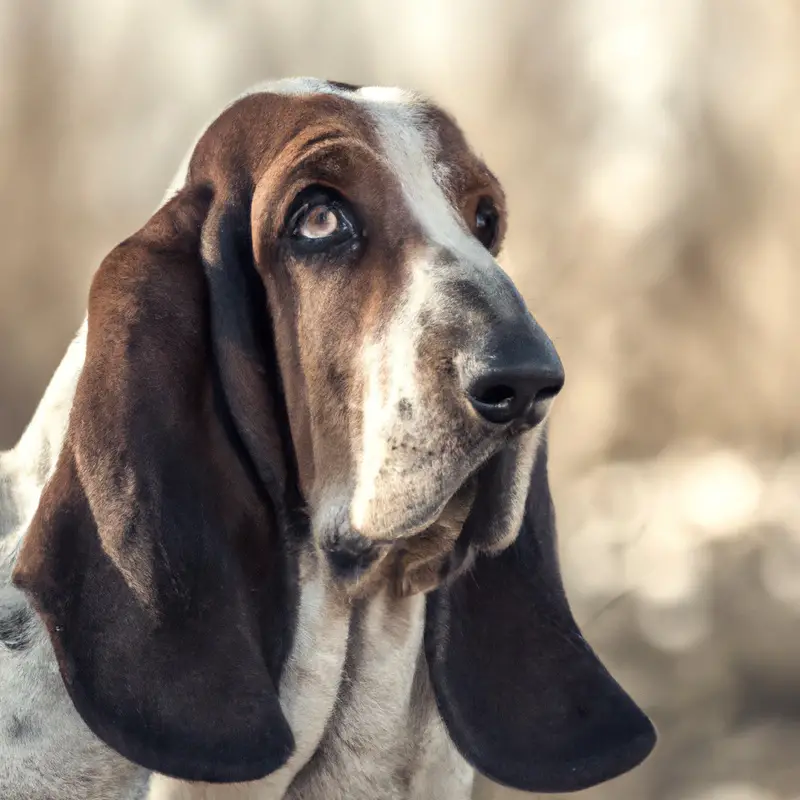
Temperament of Basset Hounds
Basset Hounds have a friendly and affectionate temperament.
They are known for being patient and gentle, especially with children.
With their calm nature, they are generally good around unfamiliar children.
However, it’s important to note that each dog is unique and may vary in temperament.
Proper socialization and training play a key role in shaping a Basset Hound’s behavior.
By providing positive experiences and consistent interaction, you can help foster a positive relationship between your Basset Hound and children.
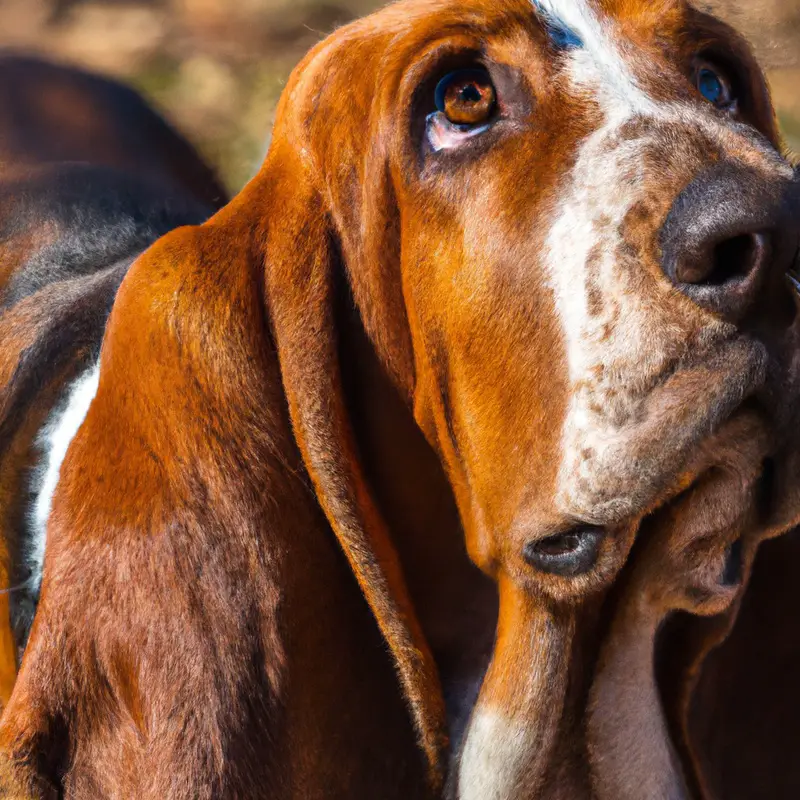
Factors Affecting Basset Hounds’ Behavior Towards Children
Factors Affecting Basset Hounds’ Behavior Towards Children:
- Socialization: Early and positive experiences with children can shape a Basset Hound’s behavior. Proper socialization helps them become comfortable and well-adjusted around unfamiliar children.
- Breed disposition: Basset Hounds are generally known to be friendly and patient dogs. Their gentle nature makes them more likely to be tolerant and calm around children.
- Individual temperament: Each Basset Hound is unique, so their behavior towards children can vary. Some may naturally gravitate towards children and enjoy their company, while others may be more reserved or cautious.
- Training and obedience: A well-trained Basset Hound is more likely to exhibit good behavior around children. Consistent training helps them understand boundaries and appropriate behavior when interacting with children.
- Previous experiences: Negative experiences with children in the past can influence a Basset Hound’s behavior. Traumatic events or mistreatment can cause fear or aggression towards children. Proper care and positive experiences can help overcome such issues.
Remember, every Basset Hound is an individual, so their behavior may vary.
It’s important to assess each dog’s temperament and take appropriate steps to ensure a safe and positive interaction between Basset Hounds and children.
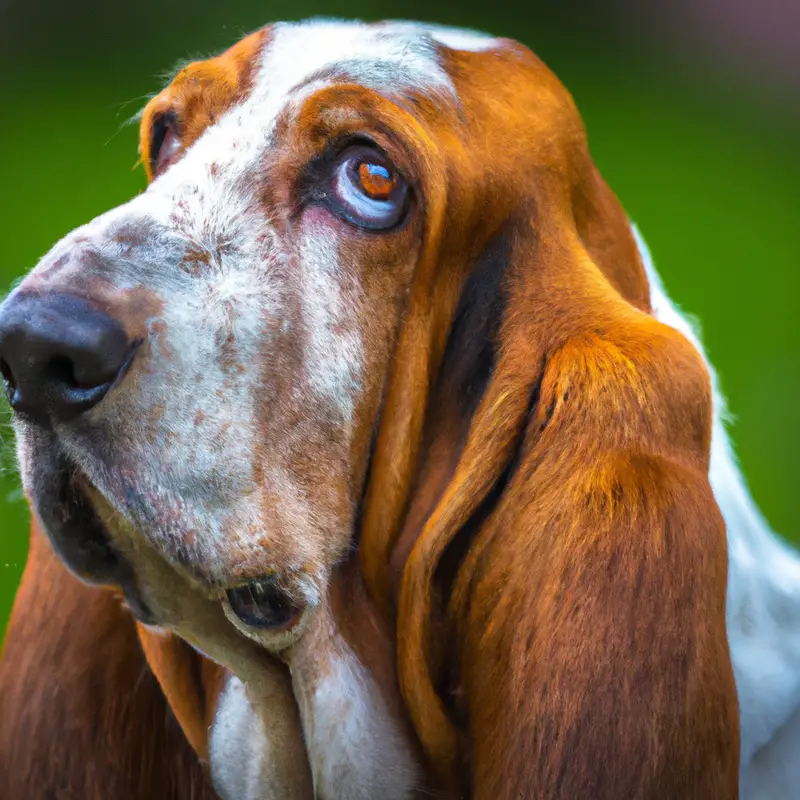
Basset Hound’s Behavior with Unfamiliar Children
Basset Hounds’ Tendency to be Gentle with Children
Basset Hounds have a natural tendency to be gentle with children. Their calm and patient nature makes them great companions for kids.
They are known for being tolerant and having a laid-back attitude.
Basset Hounds generally enjoy the company of children and often form strong bonds with them. However, supervision is still important to ensure the safety of both the dog and the children.
It’s always a good idea to teach children how to interact respectfully with dogs and establish boundaries for both parties.
Early Socialization and its Impact on Basset Hound’s Behavior
Early socialization plays a significant role in shaping a Basset Hound’s behavior. When Basset Hounds are exposed to various people, animals, and environments during their critical developmental period, typically between 3 to 14 weeks of age, they become more adaptable and confident in different situations.
Positive experiences during this time can help reduce fear and aggression later in life.
It is essential to expose Basset Hounds to children of different ages and teach them to interact gently from a young age. This early socialization can have a lasting impact on their behavior towards children as they grow older.
Tips for Introducing Basset Hounds to Unfamiliar Children
Slow and Controlled Introduction Process
When introducing your Basset Hound to unfamiliar children, it’s important to take it slow and have a controlled process.
Here’s how you can do it:
- Begin by creating a calm and relaxed environment for the introduction. Make sure both the dog and child are comfortable and at ease.
- Allow the Basset Hound to approach the child at their own pace. Avoid any sudden movements or loud noises that may startle the dog.
- Supervise the interaction closely, ensuring that both the dog and child are behaving appropriately. Keep an eye out for any signs of discomfort or stress from either party.
- Offer positive reinforcement and rewards to encourage good behavior from both the Basset Hound and the child.
- Gradually increase the duration and frequency of the interactions, always monitoring for any signs of unease or aggression.
Remember, every dog is different, so be patient and adjust the process according to your Basset Hound’s individual needs and comfort level.
Positive Reinforcement Training for Basset Hounds
Positive reinforcement training is highly effective for Basset Hounds.
It involves rewarding desired behaviors with treats, praise, or playtime.
This method helps to reinforce good behavior and teaches them what is expected of them.
Start by identifying the behaviors you want to encourage and use positive reinforcement consistently.
Be patient and consistent in your training efforts, and you’ll see positive results.
Remember, positive reinforcement is a humane and effective way to train your Basset Hound.
Consistency in Interaction between Basset Hounds and Children
Consistency is key in creating a positive interaction between Basset Hounds and children. It’s important to establish clear rules and expectations for both the dog and the child, and ensure they are consistently followed.
This includes not allowing rough play or teasing, and teaching children how to interact gently and respectfully with the dog.
Consistency also involves providing regular training, socialization, and supervision to maintain a harmonious relationship. By being consistent in our actions and approach, we can help foster a safe and enjoyable bond between Basset Hounds and children.
Recognizing and Addressing Negative Behavior
Signs of Stress or Discomfort in Basset Hounds
To recognize signs of stress or discomfort in Basset Hounds, pay attention to their body language.
Some common indicators include:
- Apprehensive posture: A hunched or lowered body, with their tail tucked between their legs.
- Avoidance behavior: If they try to move away, hide, or keep their distance from people or objects.
- Excessive panting or drooling: This can be a sign of anxiety or stress.
- Lip licking or yawning: Basset Hounds may do this when they feel uncomfortable or uneasy.
- Trembling or shaking: This physical response may indicate stress or fear.
These signs can help you identify when your Basset Hound is feeling stressed or uncomfortable in certain situations.
It’s important to try and remove them from those situations and provide them with a calm and safe environment.
Strategies to Calm an Agitated Basset Hound
When it comes to calming an agitated Basset Hound, there are several strategies you can use. Firstly, provide a calm and quiet environment to help them relax.
Secondly, avoid any triggers or situations that may stress them out.
Thirdly, use positive reinforcement and reward-based training to redirect their focus and encourage calm behavior. Additionally, physical exercise and mental stimulation can help alleviate anxiety.
Remember, each Basset Hound is unique, so it’s important to understand their individual needs and preferences.
Seek professional help if you’re having trouble managing their agitation.
Seeking Professional Help for Behavior Issues
If you’re experiencing behavior issues with your Basset Hound, seeking professional help can be beneficial.
A professional dog trainer or behaviorist can provide guidance and support to address any specific issues you’re facing.
They have the expertise to identify the underlying causes of the behavior problems and develop a tailored training plan to address them.
Working with a professional can ensure that you receive the appropriate guidance and techniques to effectively manage and modify your Basset Hound’s behavior.
Building a Positive Relationship between Basset Hounds and Children
Encouraging Gentle Play and Positive Interactions
Encouraging gentle play and positive interactions between Basset Hounds and children is essential for building a strong bond. One way to promote this is by teaching children how to approach Basset Hounds calmly, avoiding sudden movements or loud noises.
I also recommend supervising their interactions closely to ensure safety.
Positive reinforcement is key, so rewarding both the Basset Hound and the child for gentle behavior can reinforce positive interactions. By creating a calm and nurturing environment, we can foster a harmonious relationship between Basset Hounds and children.
Establishing Boundaries and Respect for Basset Hounds
Establishing boundaries and respect with Basset Hounds is essential for a positive relationship.
Here’s how:
- Teach children to approach and interact gently with the dog.
- Encourage them to respect the dog’s personal space and avoid bothering them while eating or sleeping.
- Show them how to recognize the signs of discomfort or stress in the dog and to back off if needed.
- Teach children not to pull on the dog’s ears or tail, or engage in rough play that could agitate the dog.
- Supervise all interactions between children and Basset Hounds to ensure safety and address any misbehavior promptly.
Teaching Children about Responsible Pet Ownership
Teaching children about responsible pet ownership is essential for their well-being and the well-being of their furry friends.
I believe that education should start early, emphasizing the importance of providing food, water, exercise, and regular veterinary care.
I also encourage teaching children about the need for love, attention, and respect towards their pets.
It’s crucial to involve children in the daily care of their pets, such as feeding and grooming, to develop a sense of responsibility.
By teaching children these values, we can foster a lifelong love and care for animals.
Final Verdict
Basset Hounds can make wonderful companions for children when introduced and socialized properly. Their gentle and patient nature makes them well-suited for interactions with unfamiliar children.
However, it is important to supervise all interactions and ensure safety measures are in place to avoid any accidents or negative experiences.
By following the tips provided in this article, such as a slow and controlled introduction process, positive reinforcement training, and establishing boundaries, a positive and strong bond can be built between Basset Hounds and children. Remember, fostering a positive relationship requires consistency, patience, and responsible pet ownership.

